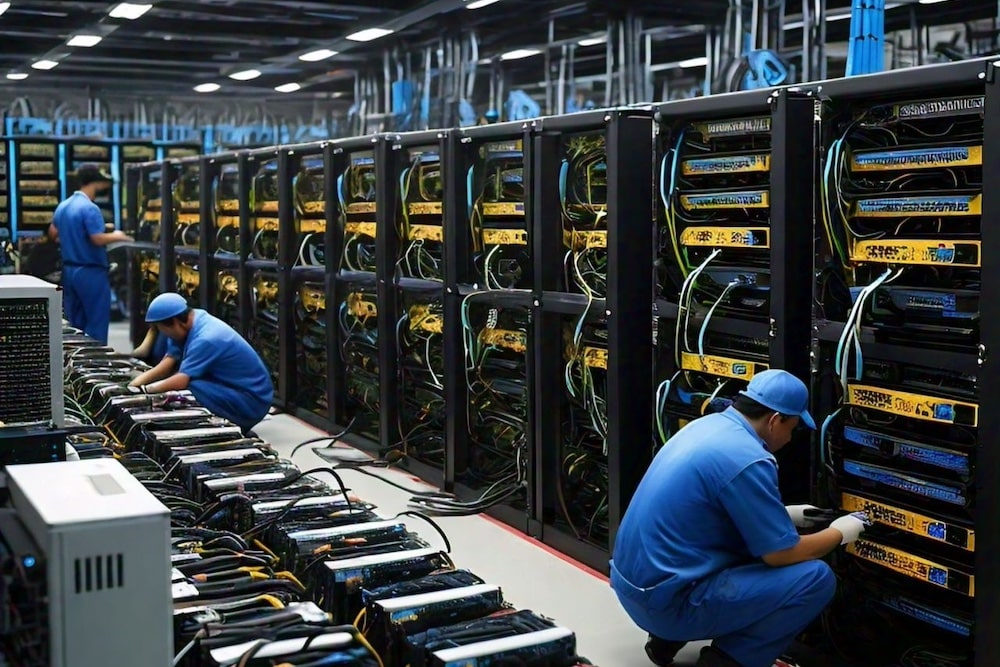Bitcoin mining company based in the United States, CleanSpark, has disclosed a looming $185 million tariff threat in its Q2 2025 financial filing with the Securities and Exchange Commission (SEC). The disclosure comes after the company achieved 50 exahashes per second (EH/s) of operational hashrate, making it the first U.S. public miner to reach the milestone.
For context, a tariff is a type of tax levied on goods imported from another country. The purpose of a tariff tax is usually to protect domestic industries, raise revenue for the government, and regulate international trade. Notably, the tax can have various effects on a nation’s economy and its relationship with other trade partners.
$185M Tariff on the Horizon
The U.S. Customs and Border Protection (CBP) has raised allegations that certain Antminer rigs imported by CleanSpark between April and June 2024 were made in China. CleanSpark maintains that these claims are false. The company argues that its import documentation and the representations from its hardware supplier confirm the rigs originated outside of China.
In its filing, CleanSpark emphasized that it has not set aside any provision for this issue, stating that a cash outflow related to the matter is not considered probable as of June 30, 2025. It also warns that tariff changes could alter the competitive spirit in the mining sector and could reduce trade volume and other economic activities between major international economies.
Nonetheless, if CBP prevails and applies duties to all affected machines, CleanSpark’s potential liability is estimated to reach $185 million, excluding interest. In its forward-looking statements via a recent press release, the firm confirmed that evolving global and U.S. trade policies and tariffs could impact its performance and achievements. It further added:
“There is uncertainty as to whether the Company will face materially increased tariff liability in respect of miners purchased since 2024 and in the future.”
Not the First Tax Issue
As governments ramp up taxation and compliance, individuals and firms participating in the crypto industry will also be affected. Russia’s legislature approved new tax measures classifying crypto as property. Individuals engaged in crypto trading and mining face up to 15% income tax.
Meanwhile, an early Bitcoin investor in the U.S. received two years in federal prison for underreporting $3.7 million in Bitcoin capital gains. The court also ordered him to disclose his passlock for his $124 million crypto holdings.
Find Cryptocurrencies to Watch and Read Crypto News on the Go Follow CryptosToWatch on X (Twitter) Now

